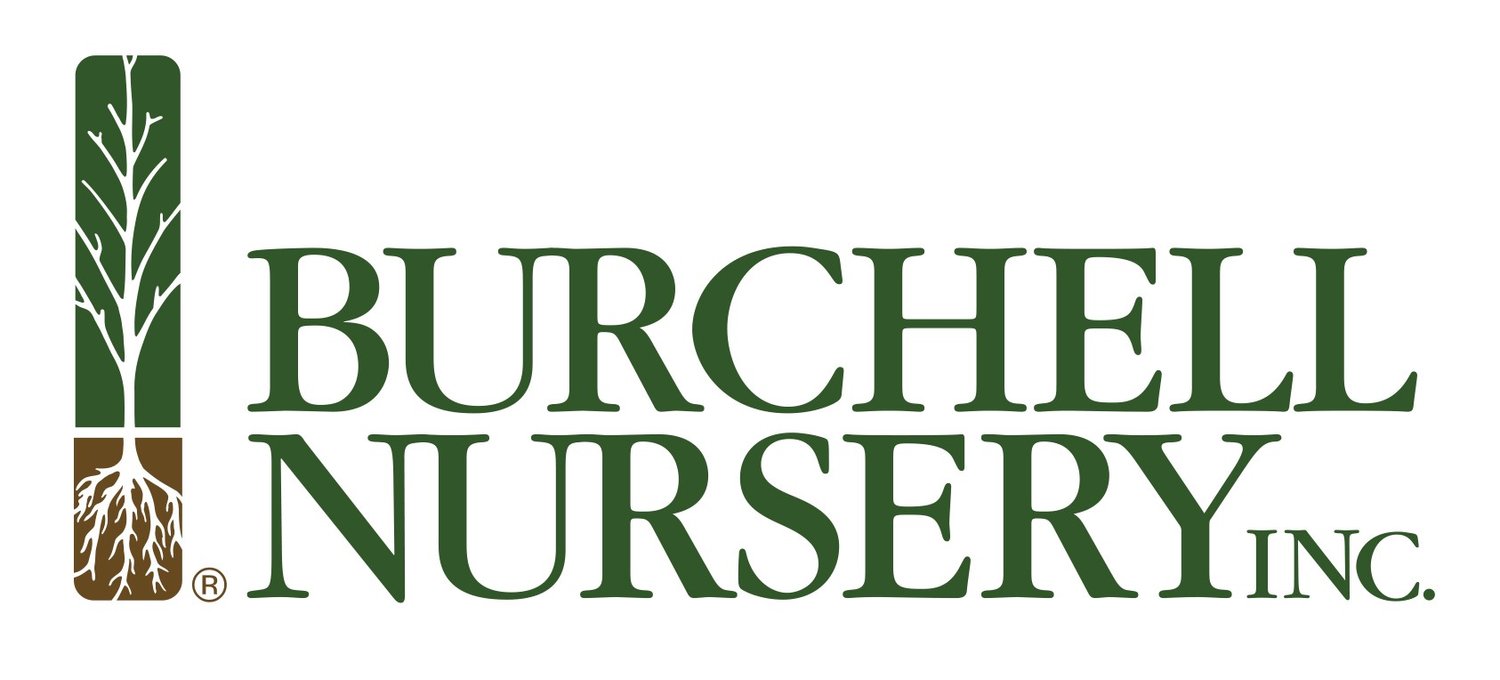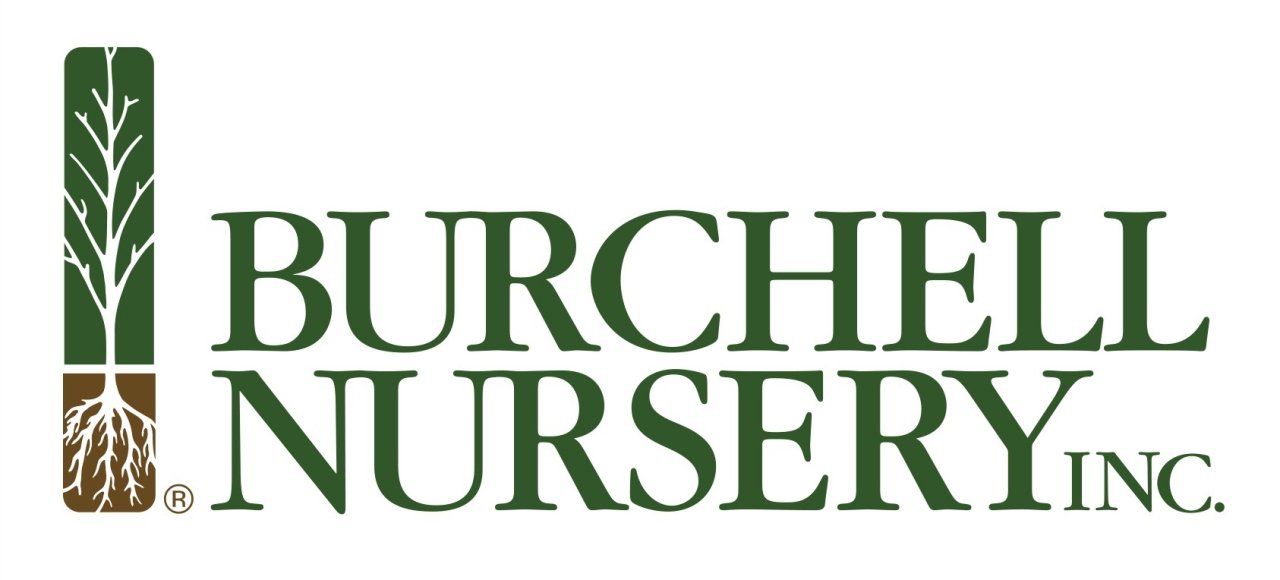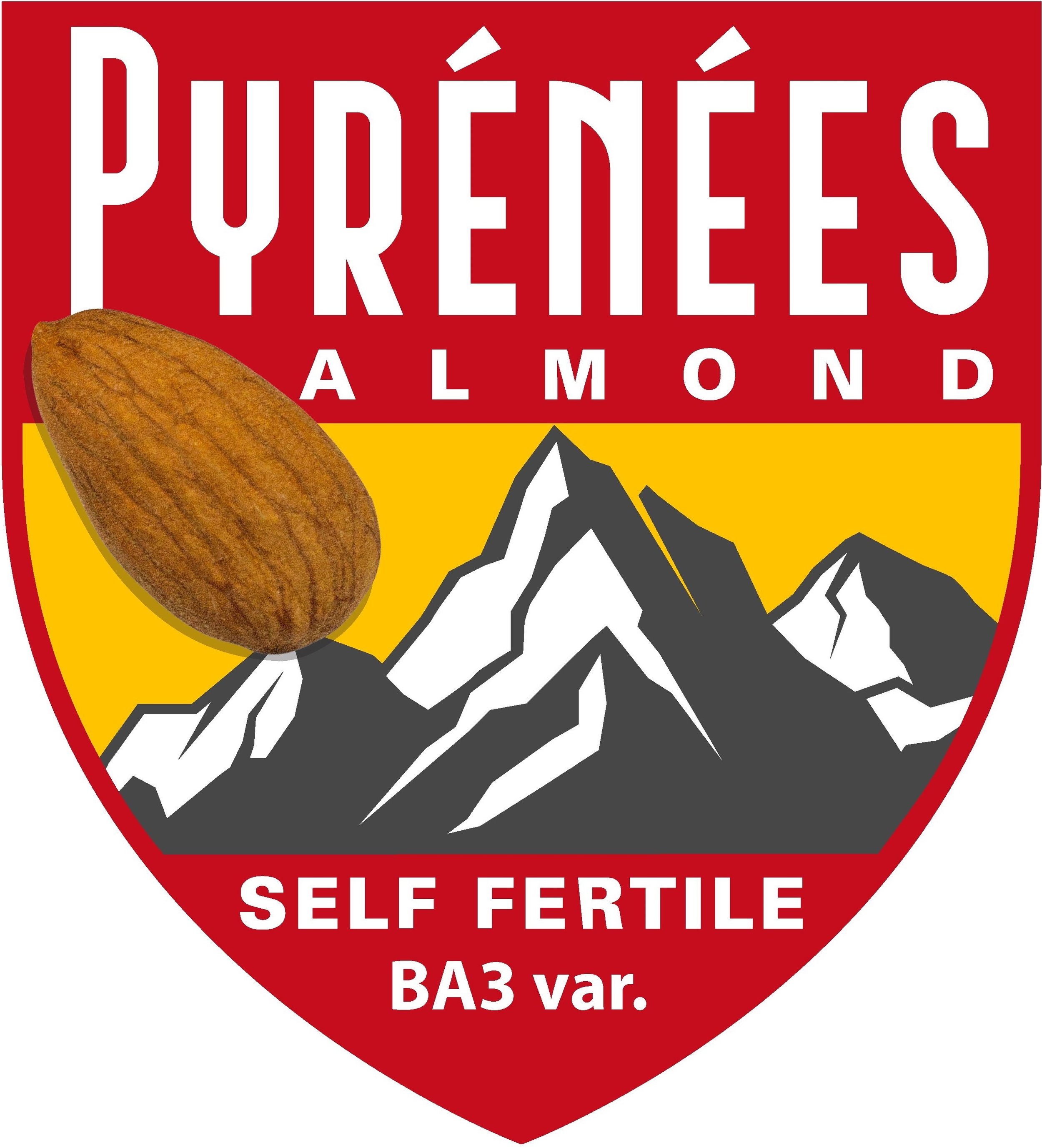Almond Trees
Burchell Nursery has introduced many of the most successful almond varieties in the industry, including Shasta, Carmel, Monterey, Avalon, Wood Colony, Livingston and Fritz. No wonder growers look to us for the newest variety of commercially successful almonds.
Almond Tree Rootstocks
We offer you a choice of 26 varieties of almond trees on these rootstocks.
Cornerstone (PP#21,248), Guardian® Brand (BY520-9), Nemaguard, Lovell, RootPac®R cv. ‘PAC 941’ (PP#21,556), Krymsk®86 cv. AP1 (PP#16,272), Hansen 536, Bright’s Hybrid® 5 cv. Arthur V (PP#18,782), Viking, SG1®Titan
Burchell Nursery provides its customers with the utmost planting flexibility by offering most varieties as Ready Start® Potted Trees. Please consult with your field reps for Healthy Start Trees’ current availability and pricing.
SHASTA, AN EXCLUSIVE VARIETY FROM THE BURCHELL NURSERY SUMMIT ALMOND SERIES™
Self-Fertile variety tree
Early, heavy production with ONE SHAKE and ONE HARVEST
Beautiful, light and smooth kernel like Monterey or Carmel
Size 20/22 almonds/oz to 24/25 almonds/oz
High crack out 60 - 65% with good in-shell use
Blanches well with a good, sweet flavor
Tree is medium size, vigorous, with a semi-upright to spreading habit
Blooms and harvests with or slightly ahead of Nonpareil
SHASTA® ALMOND PRODUCTION HISTORY
Burchell Nursery has gathered this information to assist you with your selection of varieties. While all tests and evaluations have been positive, Burchell Nursery can not guarantee the results in your orchard based upon the information shown that was provided by others.
PYRENEES, ANOTHER EXCLUSIVE VARIETY FROM THE BURCHELL NURSERY SUMMIT ALMOND SERIES™
Self-Fertile variety tree
Rated high at the Almond Board Crack Out for flavor
Medium size nut 22/24 almonds/oz
High crack out 50 - 55% with good in-shell use
General nut seal
Semi-hard shell variety
Vigorous growth habit with open growth structure, Medium size
Harvest 14 - 21 days after Nonpareil
Bloom date 3- 4 days after Nonpareil
YORIZANE, A VARIETY FROM UNITED STATES DEPARTMENT OF AGRICULTURE
Self-Fertile
Heavy Yield
High Quality Kernel
Yorizane is a self-compatible tree with a similar bloom-interval and harvest time as Nonpareil. The new cultivar has yielded well across regions during the first five commercial harvests. Yorizane exhibits few serious kernel defects and has been rated highly in terms of marketing potential and kernel appearance. Yorizane reaches hull-split at the same time as Nonpareil in the San Joaquin Valley.
Almond Varieties
-
Aldrich
Semi-hard shell with good seal. Kernel is small to medium size. Tree is large size, upright growth characteristics. Great pollinator for Nonpareil.
Bloom: 0 Harvest: +14
-
Booth
(PP#34,044), Another of the exciting introductions from Burchell Nursery. Upright robust growth, sweet light cocoa colored kernel with a shape similar to Aldrich.
Often being classified in the California category. Shakes easy and clean. Average Kernel count/oz is 26 with a crack out percentage of 60%Bloom: 0 Harvest: +10
-
Butte
Very productive. Shell is hard and well sealed. Kernel small and plump (similar to Mission). Tree is medium to large, somewhat spreading, but not as much as Nonpareil. The Almond Board of California and University of California’s regional variety test plots both confirm that Butte is one of the state’s top producers. Butte is ideal for a later bloom/harvest combination and works well in conjunction with a number of varieties.
Bloom: +5 Harvest: +15
-
Capitola
BNI Exclusive
(PP#19,369), Beautiful California type kernel. Blooms perfectly ahead of nonpareil and harvests a few days after. Pollinates with Nonpareil and many other popular varieties. Capitola has been evaluated since 1996.Bloom: 0 Harvest: +3
-
Carmel
Introduced in 1966 by Burchell Nursery. Heavy producer, shell is soft and well sealed. Kernel is large and elongated. Tree is small to medium size, not spreading but more upright than Nonpareil.
Bloom: +2 Harvest: +15
-
Fritz
Introduced in 1969 by Burchell Nursery. Heavy producer, semi-soft shell. Kernel is small. Tree is medium size with upright growth characteristics.
Bloom: 0 Harvest: +40
-
Kester
A UC Davis introduction that blooms approximately 4 days after Nonpareil and harvest 4 to 7 days after Nonpareil. Growth habit is vigorous and upright to spreading. Mature tree size is slightly smaller than Nonpareil.
Bloom: +4 Harvest: +7
-
Livingston
Introduced in 1977 by Burchell Nursery. High producer. Paper-thin shell, well sealed. Kernel is mid-size. Tree is medium size, semi-upright, similar to Nonpareil. This variety has consistently displayed impressively high production. The nuts are easy to knock.
Bloom: +3 Harvest: +8
-
Marcona
A Spanish variety with a small, precocious habit. The shells are hard, making the nuts more difficult to shell, resulting in a weaker meat to shell ratio. However, Marcona meats are generally worth 20% more per pound than Nonpareil. Good compatibility with Sonora.
Bloom: -7 Harvest: +7
-
Mission (Texas)
Long-time popular variety in California. Consistent producer. Hard shell with a good seal. Kernel is small and plump. Tree is large and upright.
Bloom: +6 Harvest: +30
-
Monterey
Introduced in 1974 by Burchell Nursery. Heavy producer. Kernel is large and elongated. Semi-hard shell which is well sealed. Tree is small and spreading.
Bloom: +1 Harvest: +30
-
NePlus
Very large kernels, soft shell, easy to harvest. Susceptible to frost due to early bloom. Tree is mid-size with spreading, willowing growth characteristics.
Bloom: -6 Harvest: +14
-
Nonpareil
Most widely planted variety in California. Large paper-thin shell, flat kernel. Has high market demand. Nut removal is relatively easy. Tree is large and upright to spreading.
Bloom: 0 Harvest: 0
-
Pyrenees® BA3 var.
BNI Exclusive
(PP#32,301), A 2019 Burchell Nursery breeding program introduction with a medium sized nut in a semi-hard shell. Tree has a vigorous growth habit with open structure and is medium in size. High crack out of 50 – 55% with good in-shell use. Self-fertile tree harvests two (2) weeks after Nonpareil.Bloom: 0 Harvest: +14
-
Padre
Introduced in 1983 by the University of California. Hard shell with a good seal. Kernel is small, plump. Tree is medium size and upright.
Bloom: +5 Harvest: +27
-
Peerless
Susceptible to frost due to early bloom. Used as an in-shell product because of its attractive, light colored, hard shell. Tree is medium size with moderate to spreading growth. Easy to knock.
Bloom: -3 Harvest: +20
-
Price
Paper-thin shell, small kernel, easy to knock. Tree is medium size and somewhat upright.
Bloom: 0 Harvest: +7
-
Ruby
Hard shell with good seal. Kernel is small and plump (smaller than Mission). Tree is medium size, upright growth, similar to Mission.
Bloom: +7 Harvest: +35
-
Shasta® BA2 var.
BNI Exclusive
(PP#28,466), This self-fertile variety was introduced in 2015 by Burchell Nursery. Beautiful, light and smooth kernel. Monterey or Carmel type. Size 20/22 to 24/25 almonds/oz. Early, heavy production, with one harvest. High crack-out of 60–65%. Good for both shelled and in-shell use. Blooms with or slightly ahead of Nonpareil and harvests with or slightly ahead of Nonpareil.Bloom: 0 Harvest: -1
-
Sonora
University of California variety, introduced in 1983. Kernel is large and elongated. Tree is medium to large and somewhat spreading. High quality kernel with high market value.
Bloom: -3 Harvest: +7
-
Supareil
BNI Exclusive
(PP# 21,934), An attractive, good flavored nut whose kernel shows promise of being blended with Nonpareil. It blooms with or slightly ahead of the Nonpareil.Bloom: +1 Harvest: +14
-
Winters
(PP#13,286), A new University of California variety that shows production promise in the north and south ends of the state. Blooms 2 to 3 days ahead of Nonpareil with good bloom overlap. Winters has been quite productive in Butte and Kern County regional variety trials. Appears to be susceptible to some Spring diseases and is not recommend to be planted where disease pressure is high. Winters harvests just before Carmel and has good quality kernels.
Bloom: -2 Harvest: +1
-
Wood Colony
Introduced in 1985 by Burchell Nursery. High production potential. Shell semi-soft with good seal. Kernel is medium size and plump. Tree is small and somewhat spreading like Carmel. Outstanding heavy production has been the hallmark of Wood Colony since its introduction in 1985. Prolonged bloom coincides with Carmel, but has a similar scaffold structure. Because of its compact size, the tree is suitable for close plantings. Wood Colony is successfully pollinated by varieties such as Carmel and Nonpareil.
Bloom: +2 Harvest: +7
-
Yorizane
USDA self-fertile variety with similar bloom and harvest timing as Nonpareil. Intermediate tree vigor and growth habit is slightly weeping.
Bloom: 0 Harvest: 0














